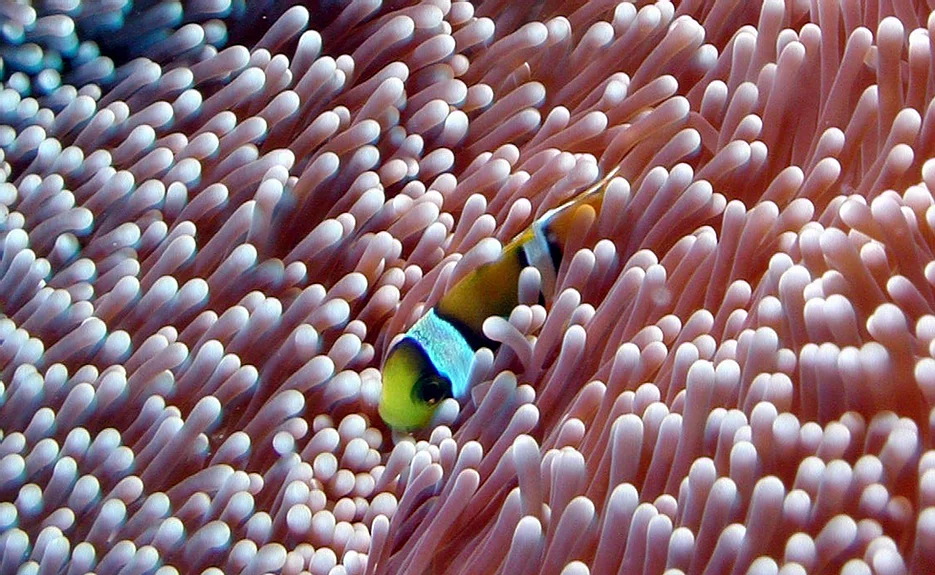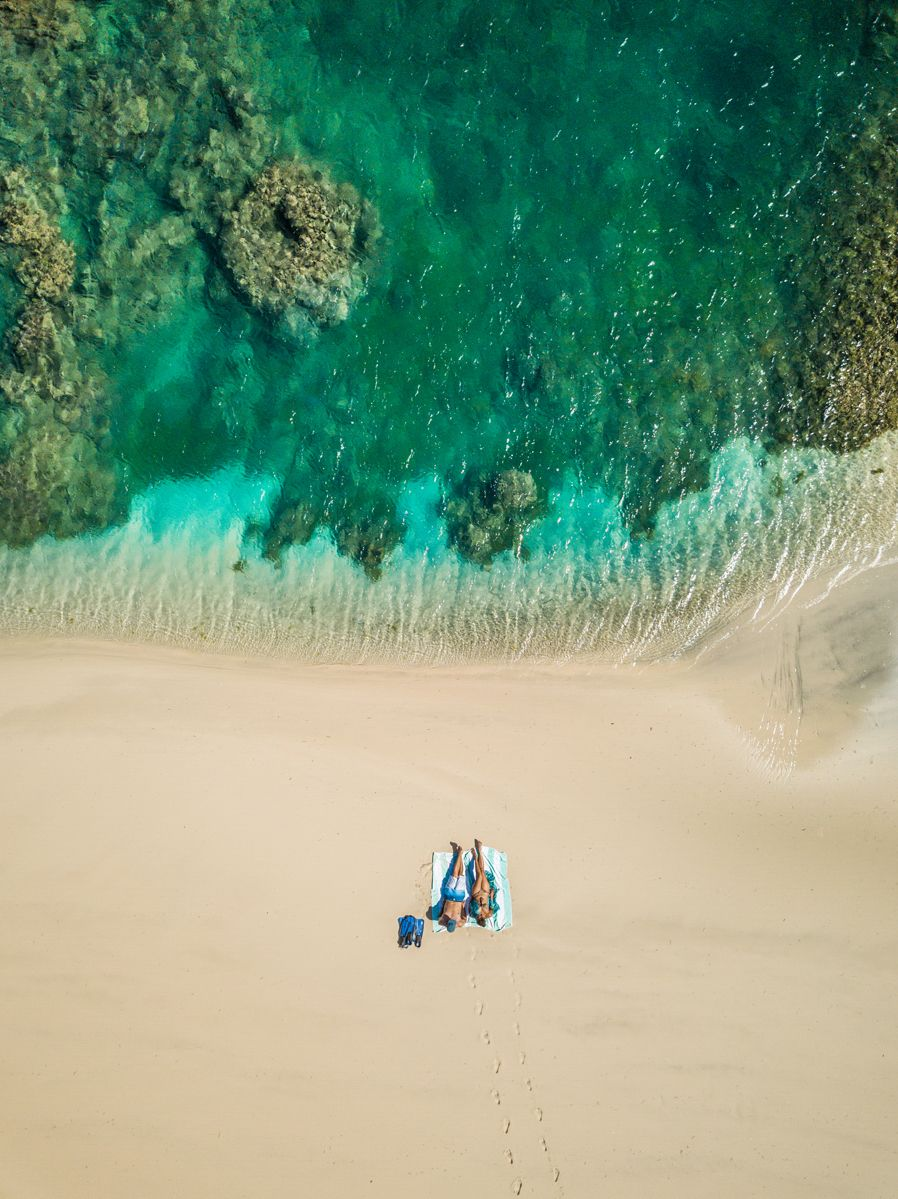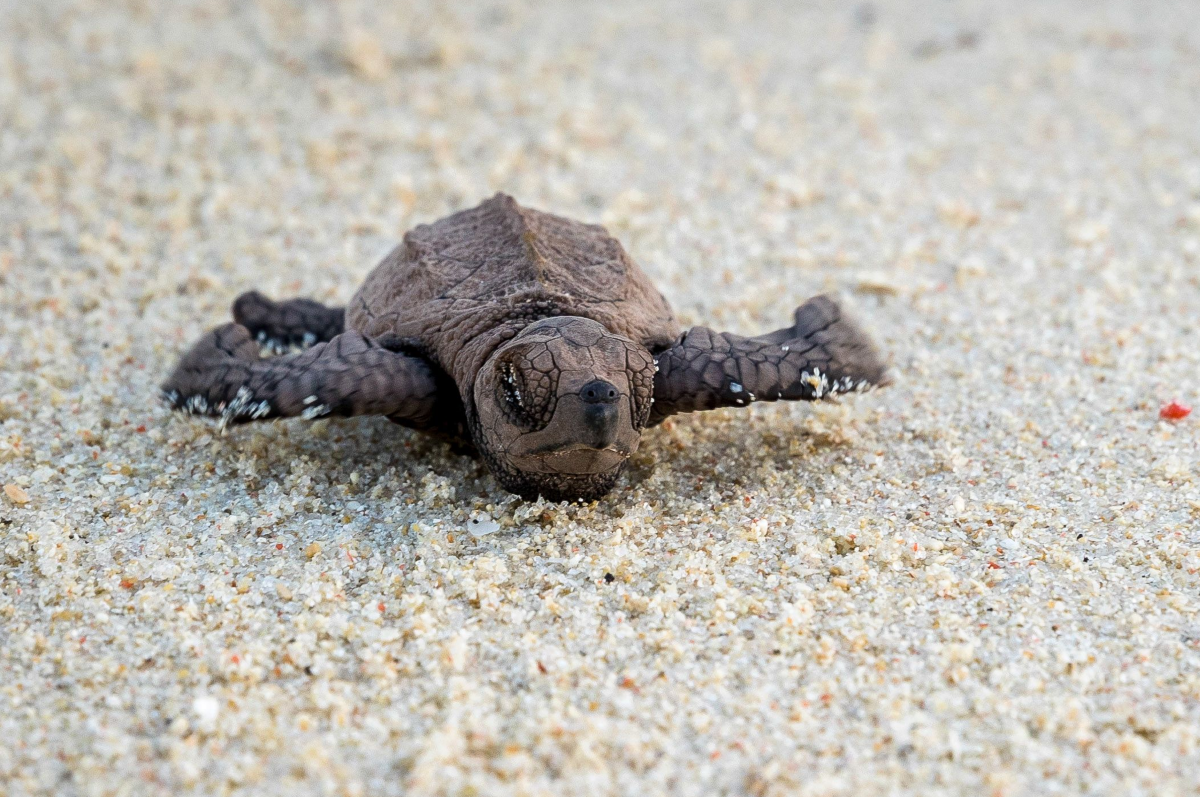World Ocean Day
World Oceans Day is the perfect opportunity to reflect and make changes in your routine that can positively impact our oceans, the environment and our livelihoods. Our oceans are in fact one of the most important ecosystems on our planet and play an extremely significant role in contributing to our daily lives.
The ocean covers over 70% of the planet. It is our life source, supporting humanity’s sustenance and that of every other organism on earth. The ocean produces at least 50% of the planet’s oxygen and absorbs about 30% of carbon dioxide produced by humans, buffering the impacts of global warming. It is home to most of earth’s biodiversity and is the main source of protein for more than a billion people around the world. The ocean is key to our economy too, with millions of people employed by ocean-based industries.
However, despite all the benefits the ocean is now in need of support. An estimated 90% of big fish populations is depleted and almost 50% of coral reefs destroyed. Every day more more is being taken from the ocean than can be replenished. To protect and preserve the ocean and all it sustains, we must build a connection that protects the ocean, life and livelihoods.

What Can You Do?
We can all make changes in our daily routine that will help make a big impact in the long term.
Reduce Plastic Consumption
Reducing the amount of plastic you use has always been, and will always be at the top of the list when it comes to eco-friendly pledges. Approx. ten million tons of plastic waste enters the oceans every year. The problem affects every known ecosystem, threatening our habitat, the marine life and human health. If we don’t turn things around, the oceans will contain more plastic than fish by 2050.
Chose a Plant-based Meal
Overfishing across the globe plays a big role in the destruction of our oceans. When too many fish are taken from the ocean it can result in an imbalance that can erode the food web. This can lead to a loss of other important marine species including the sea turtle and the coral.
Help Take Care of the Beach
We all love the beach and it really is not difficult to always tidy up after yourself when you leave and make sure you don’t dispose of any waste in the ocean. Take extra care looking out for smaller objects such as bottle caps and drinks can rings, as these are often missed, but can be deadly to marine wildlife. You could even go one step further and volunteer to take part in beach clean-ups that help to keep our beaches and oceans clean and safe.

Some of the projects taking place:
Some islands in the Caribbean are inviting guests/visitors to help hatch turtles, rebuild dying reefs and curtail invasive marine species to mark work ocean day. The aim is to develop and implement conservation by engaging more than 100,000 people in educational efforts, planting 30,000 coral fragments and seeing thousands of turtle hatchlings to the sea. They are working with local turtle conservation authorities to help monitor thousands of baby turtles as they journey into the sea from May to December.
Some can join a course in coral planting and the science of nurseries during their stay and those with PADI certification can take part in a dive to help save the Caribbean reefs. Divers can also join a special lionfish hunting dive – a species which is allegedly highly destructive to the biodiversity of Caribbean waters.
Working to preserve and improve the quality, beauty and bounty of our oceans and where we live is imperative. This has direct implications for the livelihood of people and of course, the visitors who grace the worlds stunning shores.




